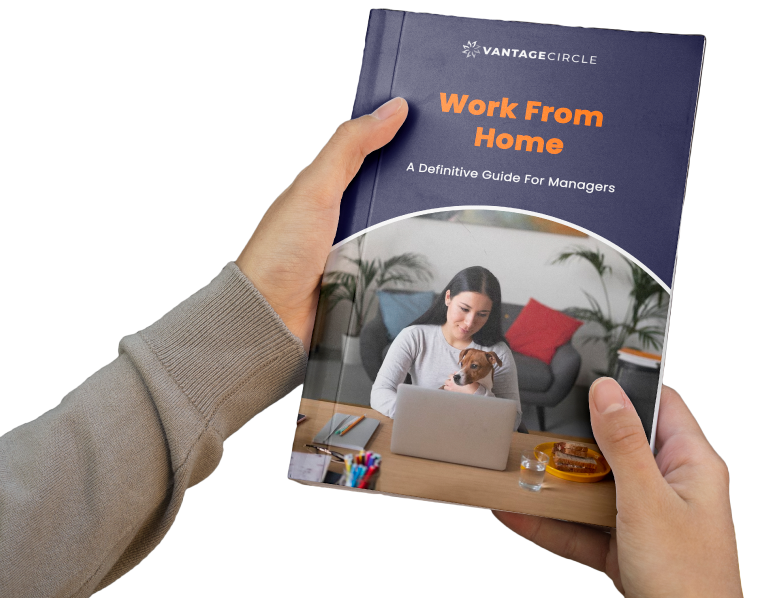How to Find Out If a Company Allows Remote Work When You’re Interviewing
Remote working is up there as one of the most demanded working benefits from an employer, especially among younger generations. The main reason for wanting a remote job is to help balance professionals' busy working lives and their personal life. They may even need remote work to help with childcare or to use it as a way to reduce stress and increase their productivity.
Most people do not want remote working each day as they still require a team environment – just look at the number of people voluntarily using co-working spaces – but they do want team environment to a particular degree. So, how do you ask your interviewer if the role will include remote working? The question can feel somewhat awkward, but there are ways to ask your interviewer in a way that doesn’t damage your chances of getting the job.
Do Jobs Advertise Remote Working?
Sometimes you do not need to go through the daunting process of asking about remote work in the interview. Instead, you can find the answer within the job description. You may even want to go around the question by actively only seeking out jobs that do advertise remote work or flexible working within their listing. Many of the best job sites include these vacancies. Right now, many remote working jobs are waiting for applicants in an array of industries on JobRapido and similar job portals.
If it is mentioned in the job listing, then you have a more natural route into talking about what this means in the interview. Simply ask for clarification on the amount and frequency of remote working offered.
First, Decide What You Want…
Before approaching how you will ask about remote working within an interview, you first need to ask yourself a question. How much remote working do you need?
This question may be easy to answer because you may require remote working on a specific day to manage other responsibilities. Or it may be difficult and not something you have considered. It is time you did think about it because asking such a question in an interview may result in the interviewer asking you this question. By having a concrete answer to reply with may show them you have given it some thought and why remote work is essential to you.
Related: Most Common Interview Questions that You Need to Ask
Research the Company and Employees
If remote work was not mentioned in the job description, but you want to find out if any of their current staff are receiving remote working benefits, you can always do some research. Check out the employer's social media accounts, including LinkedIn. Does the company advertise any remote working benefits that employers receive as part of their employer branding?
Another place to get genuine insights is by listening to what employees have said. Reviews of the company as an employer can often be found on popular sites such as Glassdoor.
Considerations for the Interview
1: When to Ask the Question
In the interview, it is best to leave the question to the end of the interview when everyone is wrapping up. By asking it too early, you may give a wrong impression that this is the only thing you care about. Most interviewers will give time at the end for you to ask questions, and this is the best time to inquire about remote work. By asking at the end, it also gives you a chance to show the interviewer your skills and personality before approaching the somewhat tricky question.
2: How to Ask the Question
When you ask the question, you need to ask it politely without being too direct, for example:
I was wondering if any staff members at the company receive remote or flexible working benefits?
This is much lighter than:
Will I be allowed to work remotely?
If you need to practice your tone and the wording, stand in front of a mirror and practice.
3: After the Question
After the question, make sure you have another question ready to ease the tension if you get a direct ‘no’ to your question. This second question should be more career-focused to show you are looking for a long-term career. Generally speaking, it is wise to ask what support, progressions and training are available in the role.
There is also the chance that the interviewer may quiz you on remote working and why you want it. Be prepared to give concise answers that show the benefits of remote working to you and the employer. There are many benefits of employers empowering their staff – and flexible work is one of them.
A Better Chance than Ever!
The outbreak of coronavirus has meant more businesses are allowing their employees to work from home. Everyone has to adapt, and managers are learning new ways of working with a team remotely. This is like one huge trial period for many employers who may have been considering remote working within their jobs. If those employers have positive experiences during the pandemic, they may be more inclined to offer flexible working in the future.
Whatever you do, don’t let preparations for this question dominate your overall interview preparations - or you may never get the job in the first place!















